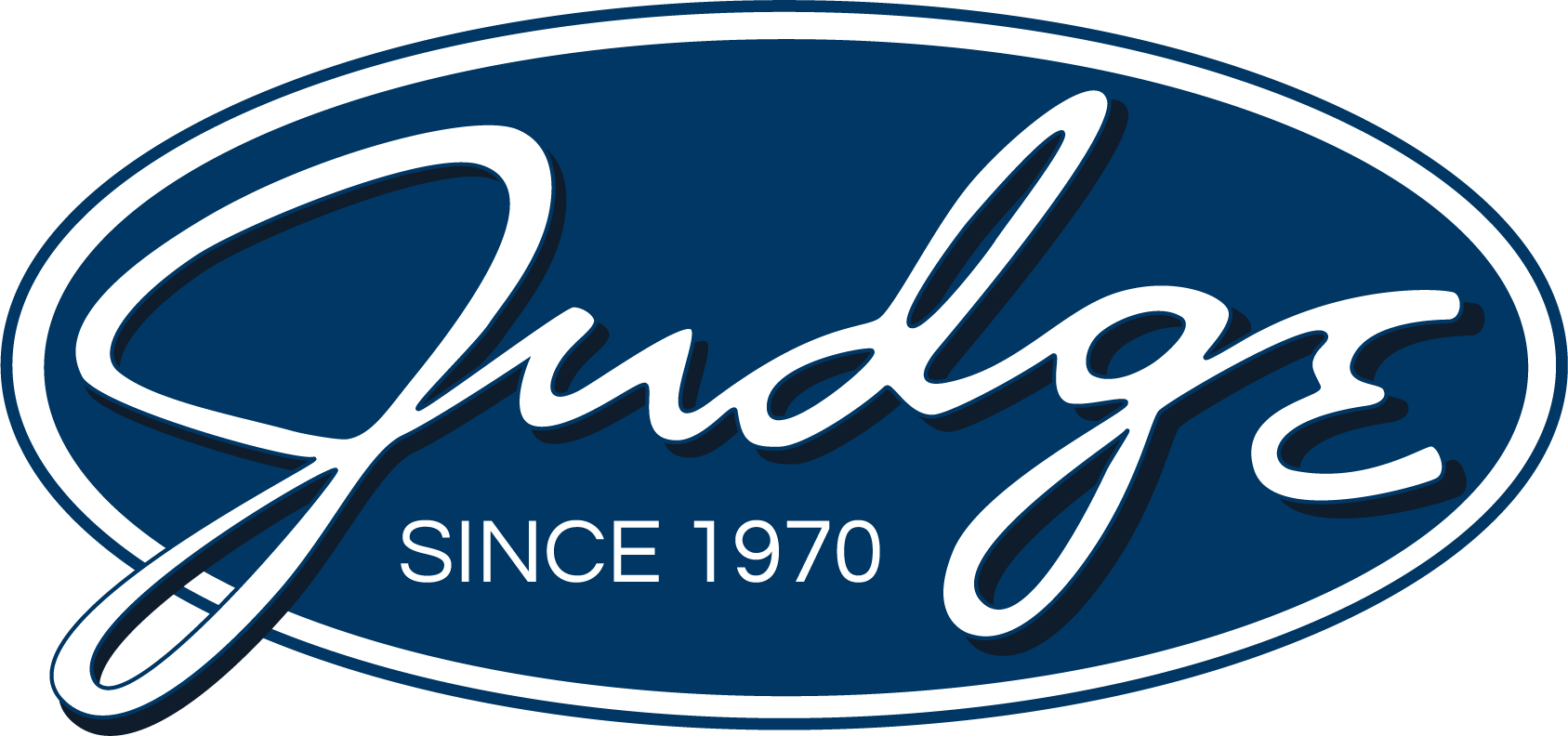Post-Pandemic, The Healthcare Industry Remains Recession-Proof
For decades economists and healthcare industry analysts have considered the healthcare industry recession-proof.1 That is understandable since healthcare is needed regardless of whether the country is in a recession.
However, elective procedures are not as common during a recession – generally because insurance doesn’t cover elective procedures and patients are less likely to spend the money during a recession. The pandemic also severely decreased the number of elective surgeries happening and though the number is increasing there is a lack of staff to manage the increase in procedures.
Decreases in elective procedures financially crippled U.S. hospitals
The potential recession we are headed toward currently differs from past recessions. This one is a direct result of the pandemic. Unlike previous recessions, the healthcare industry has been severely crippled by the inability to perform elective procedures.
Elective procedures are a large portion of a hospital’s net income because, unlike non-elective procedures, the hospital makes a profit. Prior to the pandemic, elective surgeries brought in a net income of $48.0 to $64.8 billion per year for the industry. During the pandemic, the number of elective surgeries decreased by 48%.2 Canceling such a high percent of elective procedures resulted in a loss of around $4 to $5.4 billion per month in net income for U.S. hospitals. As a result, there is a long backlog of these types of procedures to be performed and a decrease in net profit for the facilities.
For healthcare workers, the backlog of procedures is, on its face, a good problem. For at least six months, medical facilities will have a list of procedures to perform. The problem is that the medical facilities do not have the staff demanded to perform the procedures and do not have the expendable cash to hire them.
Demand for specific healthcare workers increased hiring costs
With the high demand for specific staff during the pandemic, positions such as nursing and travel nursing have been able to demand high hourly rates and high signing bonuses. Incredible Health states, “At the start of the pandemic, about 30% of the health systems using Incredible Health’s platform to recruit nurses offered sign-on bonuses. Today, that figure has grown to about 47%.”3 A $20,000 signing bonus is not uncommon currently, and higher signing bonuses have been used to try and attract staff. In contrast, pre-pandemic signing bonuses were typically under $10,000.
Healthcare workers’ financial demands are unsustainable
The pandemic-level need for specific medical staff, such as nurses and travel nurses, has decreased. Yet candidates still demand higher hourly rates and sign-on bonuses equal or higher than during the pandemic. However, the medical facilities have been crippled by increased costs during the pandemic and decreased net income from elective procedures and cannot continue to hire at those costs. As of October 2021, healthcare workers were making on average 10.8% more per week than they had been in February 2020.4
All of this is to explain that while the medical field is considered recession-proof, this recession will prove to be a different experience for both medical staff and the facilities. The pandemic forced the healthcare providers to increase wages and onboarding costs to an unsustainable level while medical staff’s expectations grew to match that level. With inflation factored in as well, healthcare workers are not keen to return to pre-pandemic wages.
Healthcare workers will continue to be hired through a recession
Despite the incongruence between the medical institutions and the staff, healthcare workers will remain in demand – even amidst a recession. However, the sign-on bonuses and the hourly rates will likely have to reach near pre-pandemic levels for the facilities to hire. Until they can hire, the backlog of elective procedures will decrease slowly.
Another factor here is that while nursing and travel nursing saw increases in hiring and wages, many other healthcare positions lost their jobs in 2020 (for instance, dermatologists and home health providers). In fact, health sector employment fell sharply. In April 2020, health employment fell by 9.3% from the previous month (an unprecedented drop), while non-health employment fell by over 14%. Total health employment in February 2020 was 16.5 million, dropping to 14.9 million in April 2020.5
However, healthcare hiring has increased over the past year and is getting close to near pandemic levels. As of November 2021, the number of Americans employed in the health sector is 2.7% lower than in February 2020. But this is not the case for all healthcare providers.
Outpatient care facilities have increased hiring the most, elderly care the least
Because of the increase in demand for elective procedures as we come out of the pandemic, outpatient care facilities have increased hiring the most. However, hiring remains 5.6% lower than pandemic levels as of October 2021.6 Conversely, 27% of COVID deaths in the U.S. were over the age of 85 (over age 65 makes up 75% of deaths),7 leading to a steep decline in home health and elderly care hiring. These positions continue to decrease and aren’t expected to increase anytime soon because of the loss of life experienced.
Healthcare remains recession-proof but isn’t impervious
The pandemic has shown us that while the healthcare industry is recession-proof, it isn’t unaffected by what is happening in the economy and across the globe. For the most part, hiring has increased and is approaching pre-pandemic levels, but because of a decline in need, some positions aren’t seeing this growth (such as elderly care facilities). Despite this, overall, healthcare workers can remain confident that even if the U.S. does enter a recession, they will be able to find a job. However, the question will be how much money the worker can demand for their hourly wage and sign-on bonus.
Another factor affecting the healthcare industry is the rise in telehealth solutions. If healthcare workers remain adaptable, they could find opportunities in telehealth that didn’t previously exist. Overall, the impact the pandemic has had on the healthcare industry is not clear and how this will fuel the impact of a potential recession is unclear as well. But the pandemic and past recessions have shown that despite the changes and impact on the healthcare industry, most healthcare workers remain in demand and can find a position if they want to.
Judge Healthcare is a leading provider of customized healthcare staffing solutions to healthcare and medical organizations throughout the United States. Visit our website to learn more about healthcare staffing services, find talent, or find work.




